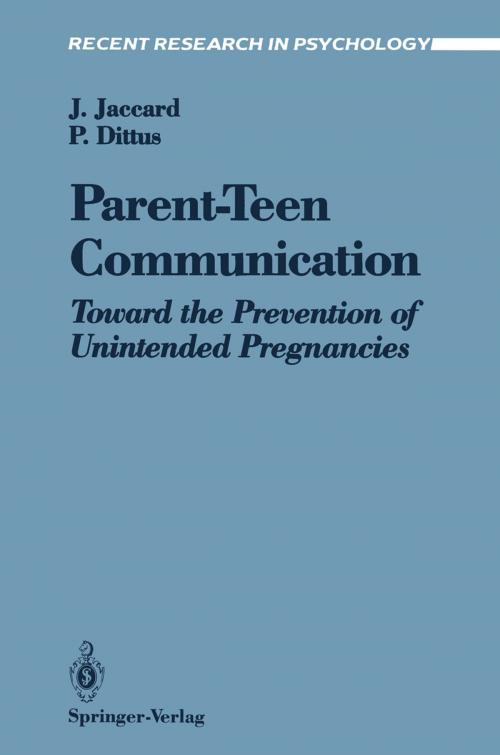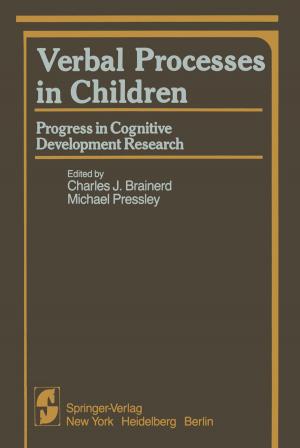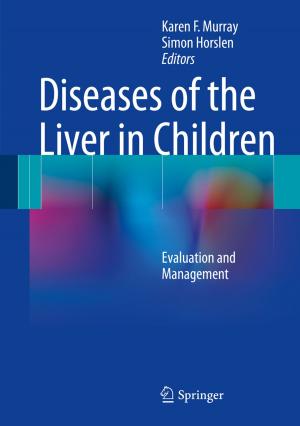Parent-Teen Communication
Toward the Prevention of Unintended Pregnancies
Nonfiction, Health & Well Being, Psychology| Author: | James Jaccard, Patricia Dittus | ISBN: | 9781461391074 |
| Publisher: | Springer New York | Publication: | December 6, 2012 |
| Imprint: | Springer | Language: | English |
| Author: | James Jaccard, Patricia Dittus |
| ISBN: | 9781461391074 |
| Publisher: | Springer New York |
| Publication: | December 6, 2012 |
| Imprint: | Springer |
| Language: | English |
The problem of unintended pregnancies among adolescents is a serious one. Millions of dollars have been spent and hundreds of social science investigations have been conducted in the attempt to address the problem. The present book reports the results of a federally funded research project on parent-teenager communication about premarital sex and birth control. Both the role and potential of parents in influencing the sexual behavior of their teenagers has been questioned by many social scientists. The literature is characterized by studies that tend to observe little relationship between measures of parent-teen communication and teen sexual behavior. Many of our colleagues informally express the viewpoint that parents have little to do with the sexual behavior of their teens and that attempts to reduce unintended pregnancies through parental involvement will be futile. Indeed, when we first sought funding for the present research, several reviewers were skeptical for just this reason. It is our belief that parents can play an important role in preventing unintended pregnancies. In our opinion, past research has failed to make important conceptual distinctions which has resulted in an underestimation of the potential utility of parent-teen communication. We believe that the study reported here is consistent with this opinion. We have written the book with two goals. First, we wanted to identify important conceptual and methodological points that future researchers can consider in exploring this important area of inquiry. Second, we wanted to develop some of the applied implications of these points vis-a-vis our data.
The problem of unintended pregnancies among adolescents is a serious one. Millions of dollars have been spent and hundreds of social science investigations have been conducted in the attempt to address the problem. The present book reports the results of a federally funded research project on parent-teenager communication about premarital sex and birth control. Both the role and potential of parents in influencing the sexual behavior of their teenagers has been questioned by many social scientists. The literature is characterized by studies that tend to observe little relationship between measures of parent-teen communication and teen sexual behavior. Many of our colleagues informally express the viewpoint that parents have little to do with the sexual behavior of their teens and that attempts to reduce unintended pregnancies through parental involvement will be futile. Indeed, when we first sought funding for the present research, several reviewers were skeptical for just this reason. It is our belief that parents can play an important role in preventing unintended pregnancies. In our opinion, past research has failed to make important conceptual distinctions which has resulted in an underestimation of the potential utility of parent-teen communication. We believe that the study reported here is consistent with this opinion. We have written the book with two goals. First, we wanted to identify important conceptual and methodological points that future researchers can consider in exploring this important area of inquiry. Second, we wanted to develop some of the applied implications of these points vis-a-vis our data.















